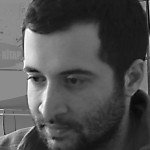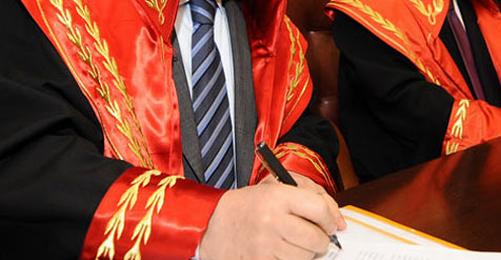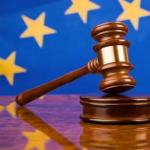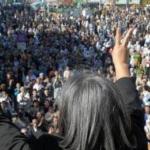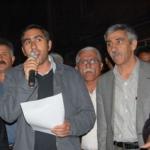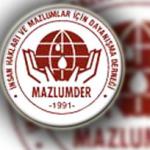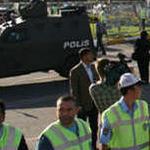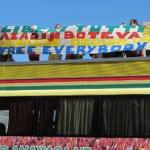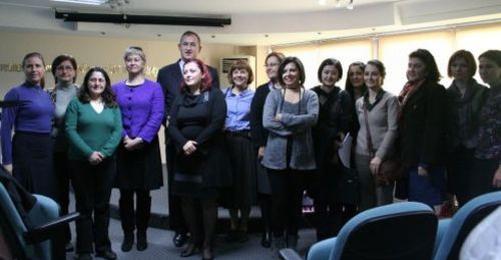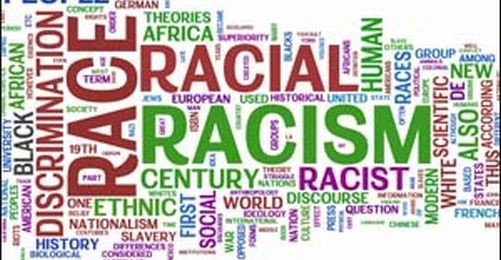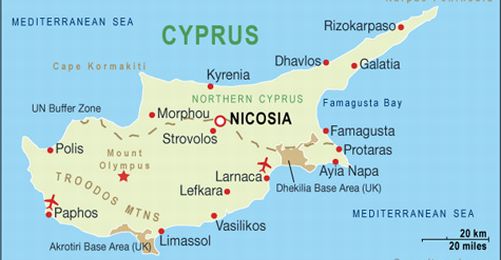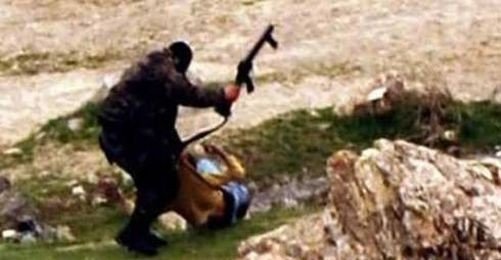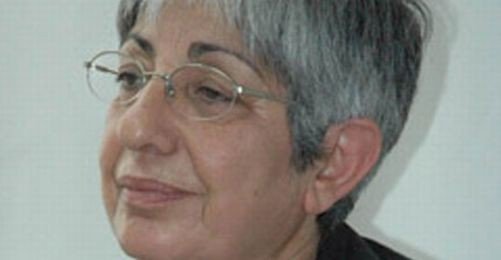Some of the 152 defendants tried in the "KCK case" in Diyarbakır insisted on delivering their defence speeches in Kurdish. However, the court refused to listen. In one of the first hearings, the court had denied permission to present the defence in Kurdish as the mother tongue of most of the defendants.
152 defendants, 104 of whom are detained, stand accused of membership of the "Democratic Confederation of Kurdistan (KCK)/Turkey Assembly, the urban arm of the Kurdistan Workers Party (PKK)". The KCK is the umbrella organization that includes the PKK and which intends to organize the Kurdish people. In the third week of the trial, the reading of the summarized indictment has been finished so the case could proceed to the hearing of the defence speeches.
The court decided not to appoint interpreters for a defence in Kurdish as most of the defendants' mother tongue since the defendants know the Turkish language. The court board referred to Kurdish publications and underlined that the use of the Kurdish language was not forbidden in Turkey. According to the court, the request for an interpreter lacks a legal base.
"Unknown language"
The defendants insisted on speaking Kurdish in Thursday's hearing (4 November). As reported by the Fırat News Agency (ANF), defendant Bayram Altun replied in Kurdish in the attendance check whereupon the microphone was switched off.
The judge said for the record that "Altun talked in an unknown language". Defendant Ramazan Morkoç criticized, "You cannot call Kurdish an unknown language. That is an insult of our language, our culture and our people". The judge reacted promptly and had Morkoç removed from the court room by army officers.
When the other defendants protested the situation as well, they were also expelled from the court room.
The lawyers criticized the court's decision too. Sezgin Tanrıkulu mentioned the case of Mehdi Zana who defended herself in Kurdish 25 years ago. The court then had evaluated her defense as using her "right to silence". Tanrıkulu said that nothing had changed in the meantime. "You cannot define the language of a people living in this Republic as an unknown language. You cannot call it an unknown language. This case is being observed by the whole country and you do not have the right to jam this trial".
Expert statement rejected
The defence lawyers requested to hear Prof. Dr Baskın Oran as an expert. Oran had prepared a statement on the possibility of a defence in Kurdish based on the Treaty of Lausanne. However, the court dismissed the request.
Oran referred to Article 39/5 of the Treaty of Lausanne as the only basis for the defendants to use their mother tongue. "In this aspect, it is not of importance whether the involved parties know the language or not. The article says, 'Notwithstanding the existence of the official language, adequate facilities shall be given to Turkish nationals of non-Turkish speech for the oral use of their own language before the Courts'. This includes the appointment of an interpreter as well".
Oran futhermore indicated, "The refusal to hear an expert is a reason for the Court of Appeals to quash a verdict. Even the fact that I was not heard as a single person is a reason for the Court of Appeals to reverse the judgement".
Call for resistance
The Initiative of the Kurdistan People supported the defendants in a written statement. The announcement read, "We, as the Initiative of the Kurdish people, advocate for the request of the Kurdish politicians to make their defence in Kurdish. We will use the full scope of democratic means to provide this right. This is the most democratic right of the Kurdish people".
The initiative called on everybody and the people in Diyarbakır in particular to "resist on the highest level". (EÜ/EÖ/VK)




